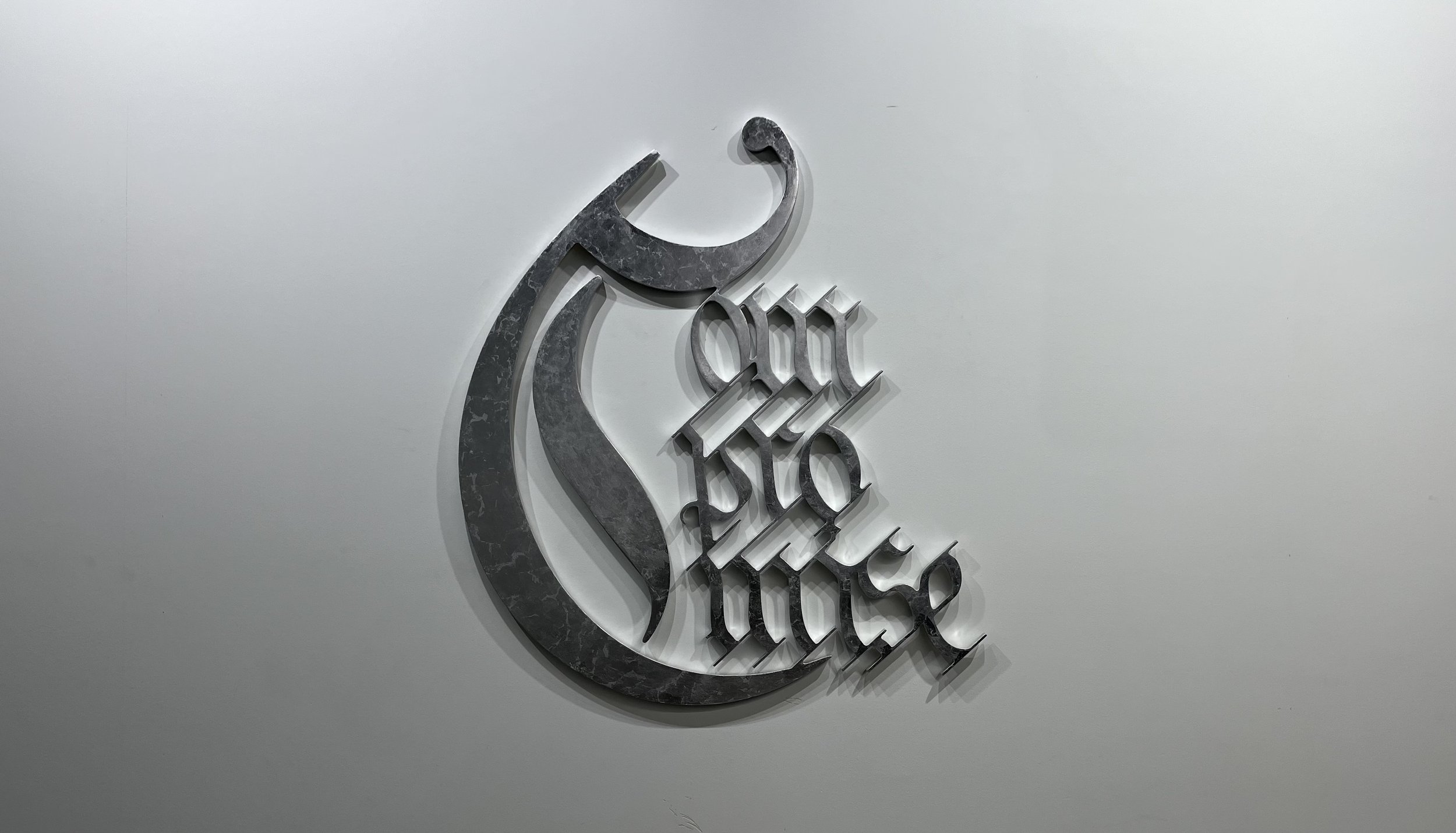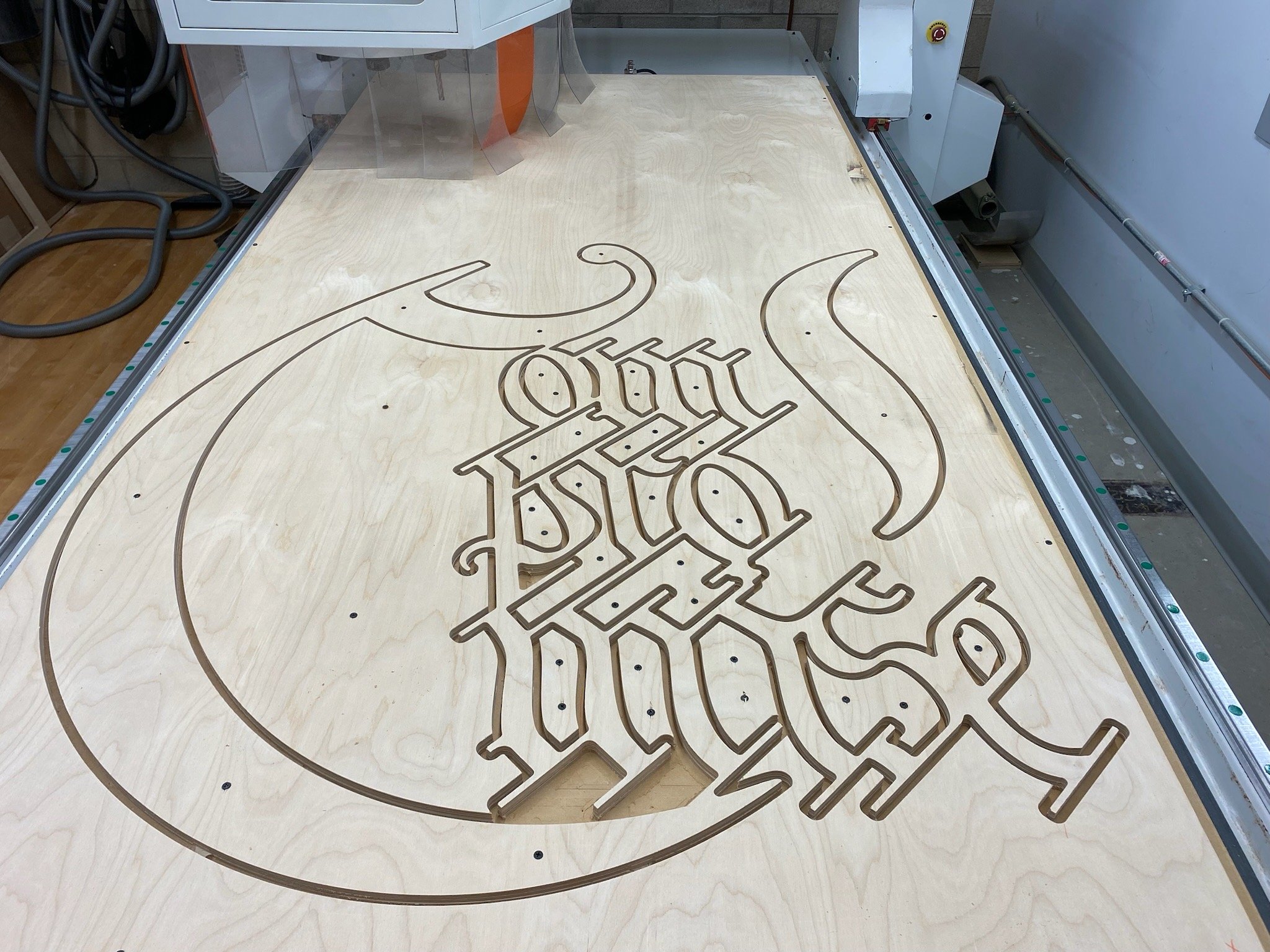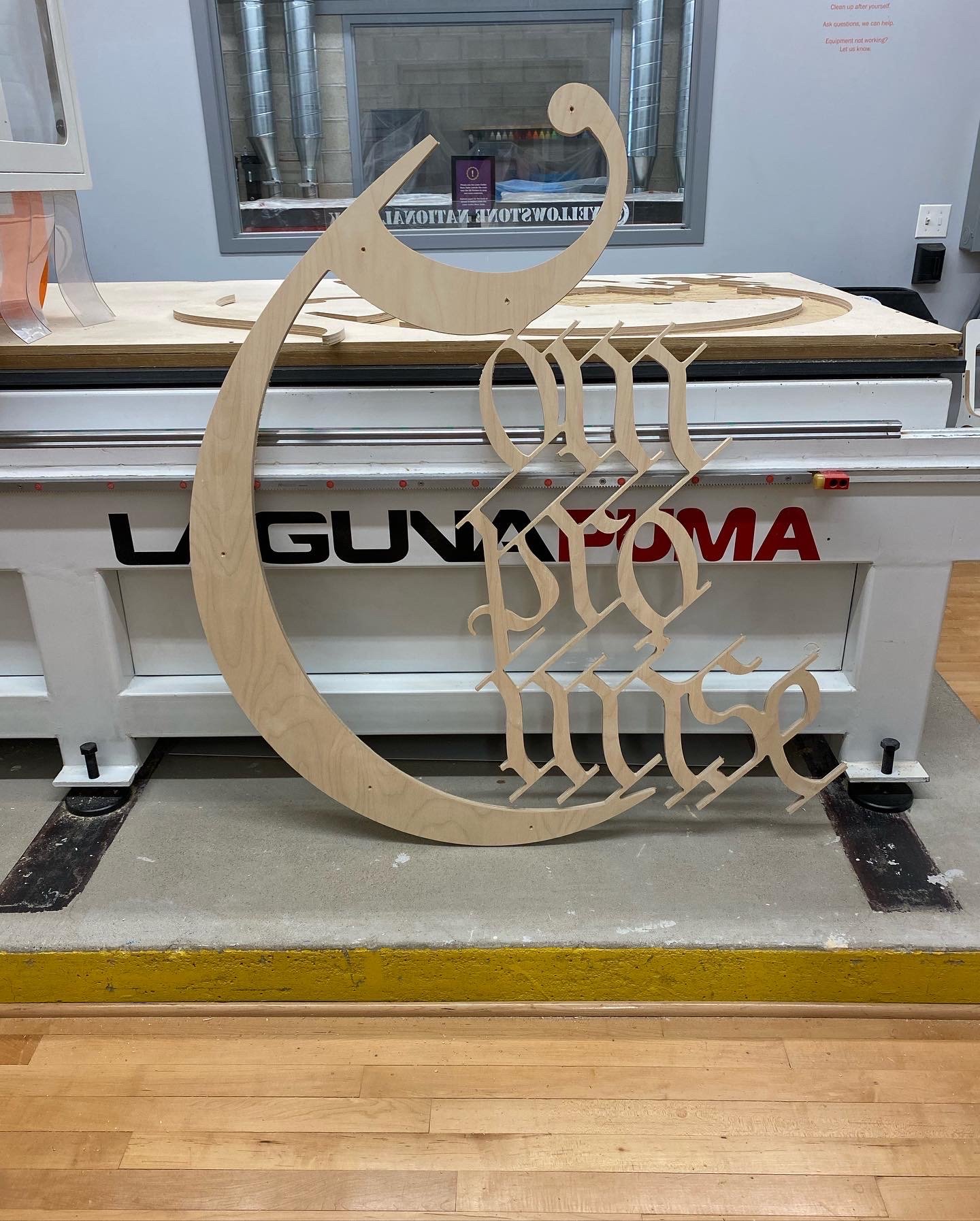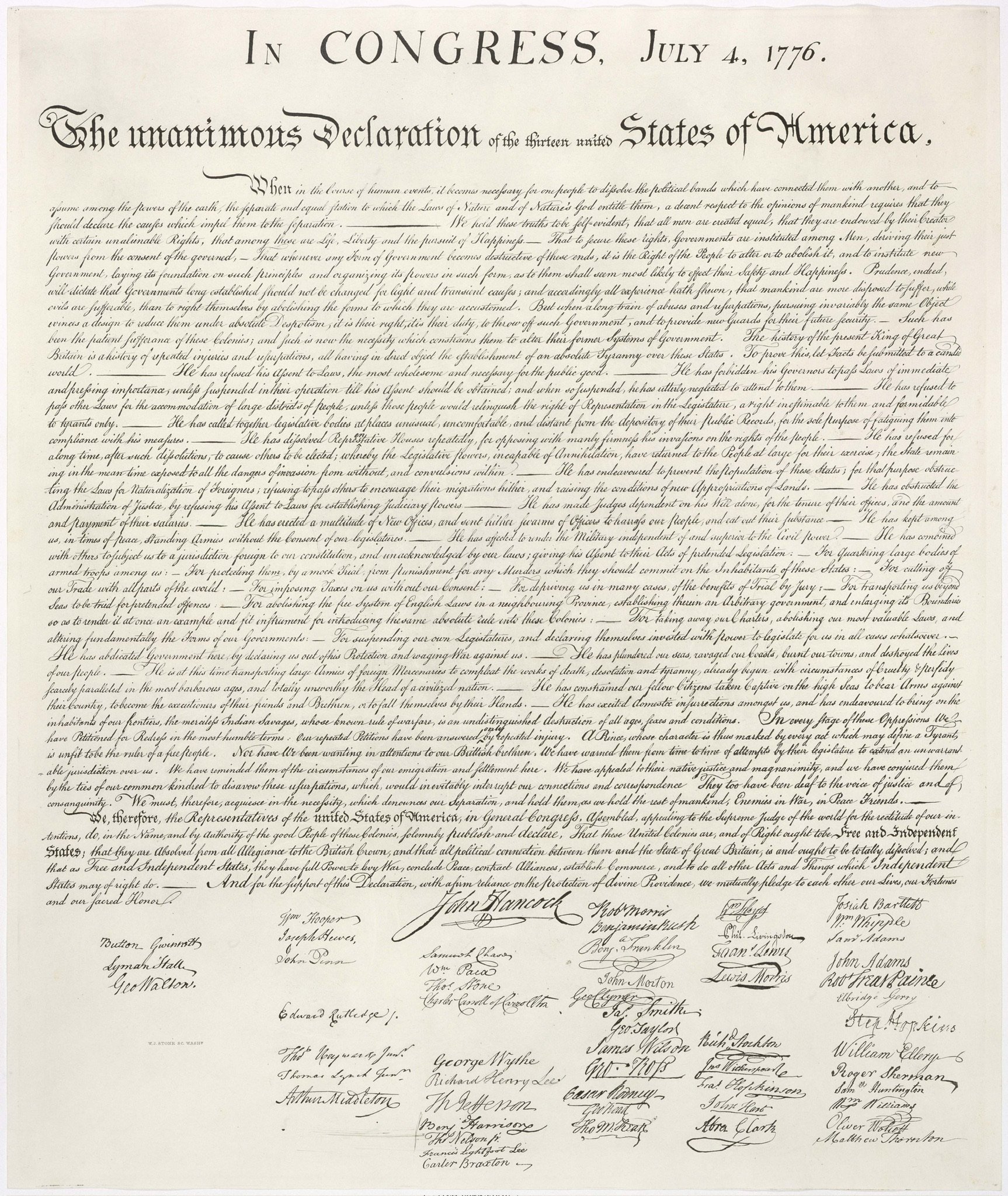
Compromise (I)
Callie clark-wiren
“How do we compromise in order to live in a society with other people? ”
— Callie Clark-Wiren
ABOUT
Artist statement
Compromise (I) is intended to bring attention and awareness to the complexities of compromise within the fabric of US history and in the current socio-political climate.
At the founding of our nation, the Northern colonies made a compromise with the Southern colonies in order to have the forces necessary to defeat the British. This compromise was also a compromise of values that left our nation with a legacy of enslavement. Even a century and a half after emancipation a legacy of systemic racism continues, and that original moral divide continues to feed the ideologies of our two-party political system. However, any society needs compromise in order to exist, to function. To pass a bill, to keep the government open and running, all of these require politicians to come to an agreement. When politicians are too immovable and unwilling to work together on even the smallest issues, government, and thus society, starts to fail the people.
Artist Process
The piece is attempting to pick these threads out for examination. I chose to use the direct handwriting style found in the Constitution, to bind and reinforce the word “compromise” to the historic record of political decisions in our country. I chose tinsel-like aluminum to get my message across, because I have to fight the spectacle of social media and clickbait news nuggets. The brief engagement news stories format doesn’t tell the viewer enough; social media news does not say what matters. As a society, the art of compromise has been lost. We need compromise to exist, to survive, to improve the world we live in.
“Compromise chafes against the winning, competitive American way, even as we know it to be the underpinning philosophy of democracy.”
— Heather Mekkelson
“How do we compromise in order to live in a society with other people? Where is the line between compromising in order to appease others and compromising our own values? How do those choices affect ourselves and those around us? Our community?
Callie Clark-Wiren poses these questions to viewers with her work, Compromise (2022-2023). Acting as a beacon, yet obfuscating an “easy read” through form, Compromise asks one to slow down and consider their personal role in the current socio-political state of our nation. Compromising is complex in our individual lives, both as a concept and in practice, and exponentially more so when multiplied by the population of the United States. Success in compromise ultimately leaves both parties equally uncomfortable—a unique concept in that it acknowledges that no one really wins, but the nebulous “greater good” prevails. Compromise chafes against the winning, competitive American way, even as we know it to be the underpinning philosophy of democracy. We agree in theory that it is a necessity, it just takes so much work. Perhaps we as citizens need to see compromise in the way Americans come to desire anything else; with a better marketing strategy, a flashier Insta-worthy presence, and the potential bragging rights that you knew about it first. Clark-Wiren's work is a timely reflection of this concept, re-framed to entice us to act. “
Heather Mekkelson
Adjunct Faculty, Art and Art History
Columbia College Chicago
Meet the artist:
Callie Clark Wiren (she/her) was educated at the University of Minnesota (BA, 2004), University of London (MA, 2006) and Columbia College Chicago (MFA, 2024). Her work exists in two realms: the political and the private. Her political work is conceptual and explores the American political system as a whole. Her work focused on private experiences looks at the emotional and cultural aspects of growing up in the LGBTQIA+ community, issues of gender, sexuality, mental health, and neurodiversity. Both sides of her work leverage the use of language and text to bring attention to multiple meanings and view points.
Across her practice, Callie Clark Wiren employs text and the visual experience of language to discuss challenging and salient topics. Obscured text is a common thread that functions as a way to make the viewer work to gain an understanding, rather than a simple quick reading. The idea of a palimpsest and layering of meaning express complex and often conflicting sides of human experience, while maintaining the intimacy of close and often personal stories.
Clark Wiren wants to get people’s attention, to make them recognize what they ignore or don’t see through the noise of life. She wants to illuminate the diversity of perspectives in American society, and the failures of a political system that must be overcome in order to ensure the future of a nation. She wants to inform and influence.








